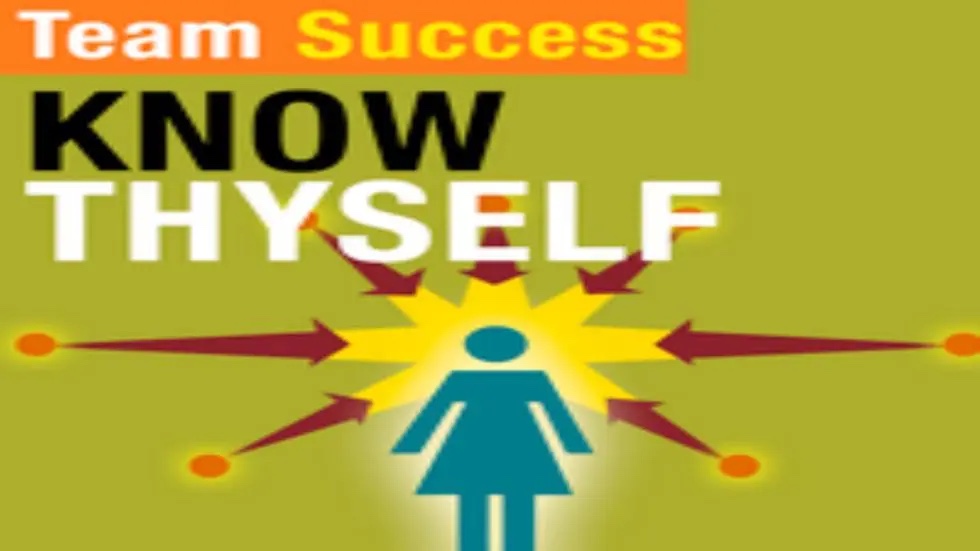Have you ever wondered why some teams just seem to work and others fail to deliver? Have you been hiring the best talent for your team and yet it just doesn’t quite gel?
Teams are found in almost every organization, but high-performing teams are a little less common, and perfect teams… well maybe they just don’t exist.
According to Baird and Griffin (2006), self-awareness is one of the most critical employee strengths that is crucial for the long term effectiveness of teams. And so it’s probably what’s lacking if your team just isn’t performing the way you’d like it to.
So why is self-awareness is so critical?
When a leader and team intentionally pursue self-awareness, other awareness easily follows. When individuals know their own strengths and the strengths of others on their team, they are better able to leverage them to collaborate and both maximize each other’s strengths and compensate for their less developed qualities.
Show me the data!
A global study by the Corporate Leadership Council of almost 20,000 people across multiple organizations and industries found that when people were encouraged to focus on their strengths, their performance went up a massive 36%. When they focused on weaknesses, performance dropped by 27% (CLC, 2002).
Left to their own devices, who know what your employees are focused on. Don’t take a chance. Here are some ways to intentionally develop your people’s strengths:
1. Focus on strengths rather than weaknesses to increase performance – Strengths-based feedback and performance conversations are active, positive and more likely to elicit top performance; and they’re easier to hold.
2. Match work tasks to strengths to engage employees – find ways to align people’s work goals and tasks with their strengths. People are more likely to work more effectively and experience a greater sense of satisfaction when their work plays to their strengths.
3. Use strengths to motivate behaviour change – If you want to motivate people to try something new, ask the person which of their strengths would help them most in achieving the desired change.
4. Develop a shared language of strengths to increase teamwork. When people know their own strengths and the strengths of others in their team, they are better equipped to leverage them together and they can work in complimentary partnerships to maximize strengths and compensate for weaknesses.
In my work with teams and their leaders I use the Lumina Spark personality assessment tool to develop both self-awareness and other awareness. A Lumina Team experience creates a safe environment where team members are able to become aware of their strengths, their weaknesses and the impact these have on the team. It gives the team both a common language to understand behaviours within the team and an increased understanding of how to balance the team, bridge silos and increase accountability.
A recent client really wanting to increase employee morale and engagement said:
“This is the most practical and inspirational method for raising our staff’s self-awareness and improving communication that I have ever experienced.”
What benefits can you gain from Lumina Team?
• An increased awareness of strengths and qualities of self and others
• An understanding of how your strengths change under stress and how that impacts the team
• An ability to speed read others in order to adapt one’s communication behaviours
• An increased ability to build rapport and communicate effectively, especially about contentious issues
• An ability to overcome differences by valuing diversity
• Strengths based performance
• Action planning using the GROWS model
• Increased individual and team accountability
• Embracing one’s personal and professional development
While integrating diverse personalities is an important part of team building, it’s not essential that you “like” every person who works for/with you. A wide range of personalities on a team can be challenging. Effective leaders understand it’s not the individual personality traits that create a cohesive team, but the various talents and skills that each member contributes. Learning how to bring these talents to the surface by creating dialogue and bridging personality gaps is the key to creating outstanding results.
To learn more about how you can create a high performing team contact
[email protected]
